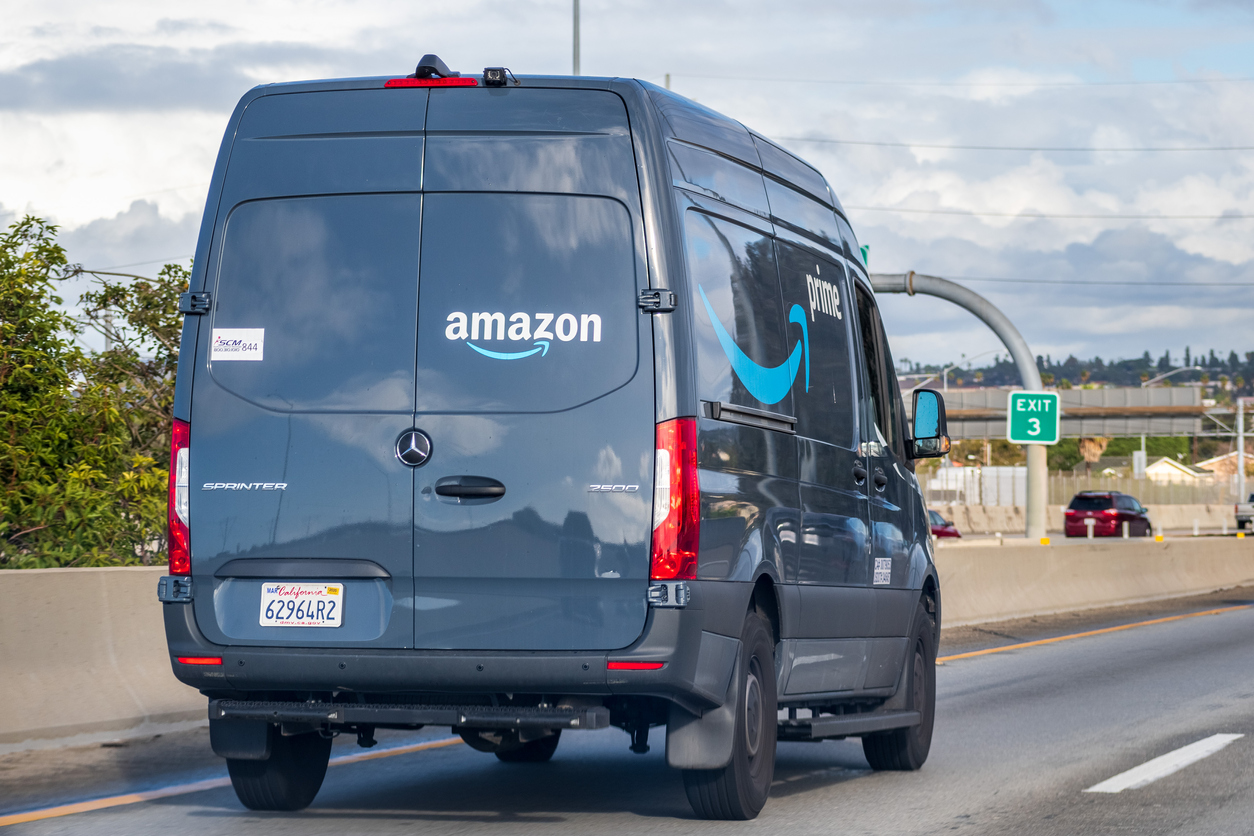The pandemic has also witnessed the judicious use and creation of IP, as well as a paradigm shift towards its generation and management in the virtual world.
On the administrative front, the Intellectual Property Offices in India have issued notices for relaxation of various timelines in order to facilitate IP stakeholders to meet their requirements in these circumstances. On 23 March 2020, the Supreme Court of India took Suo Moto cognisance of the situation and by an order extended the limitation period for filing of suits/appeals/applications and all other documents in all proceedings before any courts/tribunals/authorities in India. As per the order, the limitation period extends from 15 March 2020 till further orders of the Supreme Court. In other words, if the due date for filing any document or taking any action falls on or after 15 March 2020, then that date would be deemed to be extended to the date when the Supreme Court of India passes another order lifting the extension. Moreover, the Indian IP office has also issued a public notice whereby it was notified that all deadlines to file any reply/document, etc. stand extended till further orders of the Supreme Court.
On 24 March 2020, the Ministry of Home Affairs ordered the first round of countrywide lockdown of all establishments pan-India except those providing health care and other essential services. Consequently, all IP Offices in India were asked to close their operations from 25 March 2020. The IP offices have now resumed work in accordance with the gradual lifting of the lockdown and most of the IP applications are being processed at a regular pace. The online filing services of the Indian IP Offices have also remained unaffected and were functional even during the complete lockdown.
It is noteworthy that despite the challenges, progressive steps are being taken by the relevant authorities, keeping in mind the difficulties in the present times, to not only prevent the legal and IP systems from stalling, but to also improve their efficiency and reliability for all times to come.
With regard to holding hearings through video conferencing, the Supreme Court of India on 6 April 2020 issued a number of directions to Courts across the country to facilitate hearing of cases through this mode, a step which the Court said was essential to ensure that court premises do not contribute to the spread of COVID-19. The Indian IP offices and the Intellectual Property Appellate Board have also systematically resorted to conducting hearings through video conferencing in all the matters. The Delhi High Court which also hears and adjudicates on a high number of IP suits decided to resume and restore its own functions and those of the Courts subordinate to it in June, which is observed as summer vacation. This extra step was considered to mitigate the accumulation of pending cases. Most of the courts such as Delhi High Court and Bombay High Court and other courts of India which deal with IP matters are actively taking up IP infringement cases and are regularly issuing orders and judgments.
Although the filing of new patent and trademark applications has largely remained unaffected by COVID-19, patent filing from local industries has increased to some extent. Similarly, filing of the national phase of PCT applications by foreign companies has also almost remained unaffected. There has been an increase in the filing of trademark applications in respect of pharmaceutical, health and hygiene products, but overall the numbers are almost the same as they were in the previous year.
The pandemic led lockdowns, which also resulted in the closure of a majority of physical markets that led to a large number of people in urban and semi-urban areas moving to e-commerce platforms. This caused an increase in the number of sellers enlisting their goods on e-commerce platforms including counterfeits. As such, the enforcement activities have also shifted to the e-commerce space and in the past few months, more such actions in the e-commerce space directed towards health & hygiene products, pharmaceuticals and other related products have been witnessed. The platform owners, however, have been quite cooperative in pulling down the listing of counterfeiters once notified by the rights owners.
It is noteworthy that despite the challenges, progressive steps are being taken by the relevant authorities, keeping in mind the difficulties in the present times, to not only prevent the legal and IP systems from stalling, but to also improve their efficiency and reliability for all times to come.
Manisha Singh (Partner) & Omesh Puri (Partner)
www.lexorbis.com
LexOrbis is a full service Intellectual Property law firm extending IP and Legal services to global corporations, research institutions, technology driven industries and government entities in India and assisting Indian business to procure and protect Intellectual IP Rights across the globe. The firm offers an exceptional capability at the best cost to quality matrix in the region. With over 150 IP professionals including Lawyers and Patent agents, the firm serves IP and legal needs of businesses of all sizes and structures with accuracy, in time bound manner and with creative solutions to most complex legal and techno-legal issues.


























